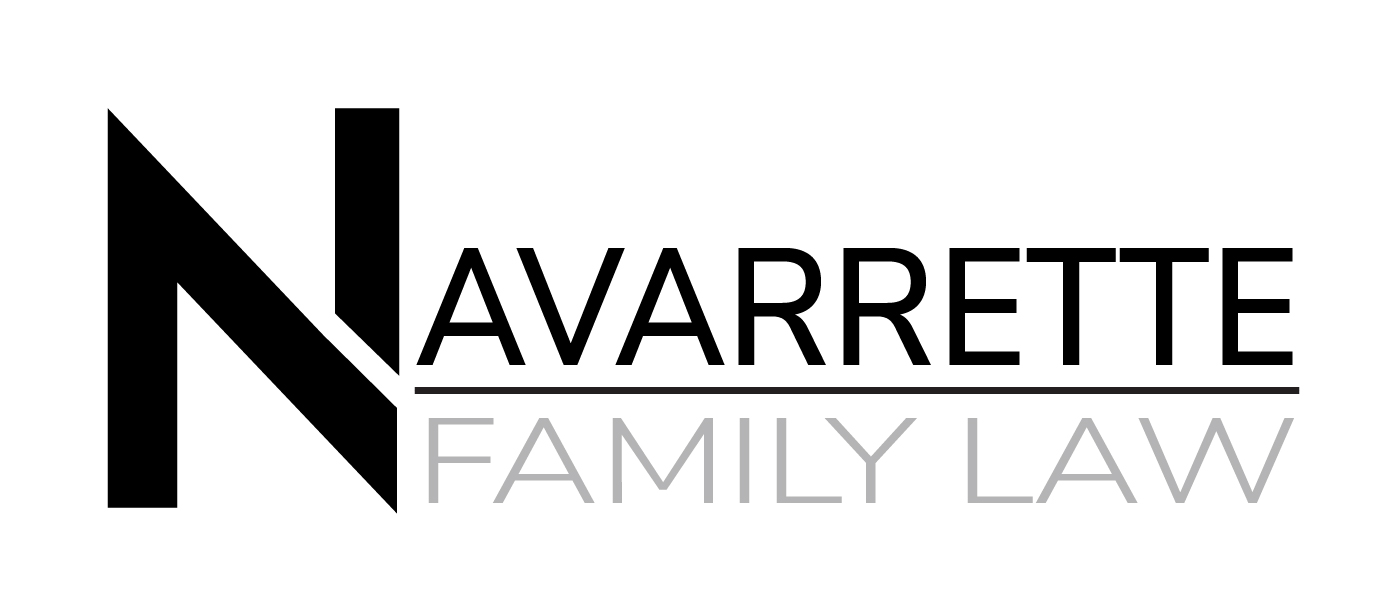
23 Aug Understanding the Different Types of Adoption: a Comprehensive Guide
Adoption is a beautiful and life-changing journey that brings families together and creates loving, nurturing homes for children in need. However, the adoption process can be complex and overwhelming, especially for those new to the world of adoption. At NB Family Law, we are dedicated to guiding families through the adoption process, ensuring a smooth and positive experience for all involved. In this comprehensive guide, we will explore the different types of adoption, shedding light on the unique aspects of each and helping prospective adoptive parents make informed decisions.
- Domestic Adoption
Domestic adoption involves the adoption of a child within one’s own country. In domestic adoptions, birth parents voluntarily place their child for adoption, and adoptive parents are carefully selected through an adoption agency or private arrangement. Domestic adoption offers a variety of choices, such as open, semi-open, or closed adoptions, allowing adoptive families to maintain varying levels of contact with birth parents. - International Adoption
International adoption involves adopting a child from a foreign country. The process for international adoption can vary significantly depending on the country’s adoption laws and regulations. Adoptive parents will need to work with adoption agencies that specialize in international adoptions and comply with the requirements set forth by both the child’s birth country and their home country. - Foster Care Adoption
Foster care adoption involves adopting a child who is in the foster care system. These children have been removed from their biological families due to neglect, abuse, or other unsafe conditions. Foster care adoption offers an opportunity to provide a permanent and loving home for a child who has experienced adversity, but it may also come with challenges, as some children may have experienced trauma and require special care and support. - Stepparent Adoption
Stepparent adoption occurs when a stepparent adopts the biological child of their spouse. This type of adoption typically requires the non-custodial parent to relinquish their parental rights voluntarily or through legal proceedings. Stepparent adoption solidifies the legal relationship between the child and the stepparent and can provide the child with a sense of security and belonging. - Relative Adoption
Relative adoption, also known as kinship adoption, occurs when a child is adopted by a close relative, such as a grandparent, aunt, uncle, or older sibling. Relative adoption can be an ideal option for maintaining familial connections and providing a stable home environment for the child. - Open Adoption
In an open adoption, birth parents and adoptive parents maintain some level of ongoing contact and communication. This can include sharing information, letters, pictures, and sometimes even visits. Open adoption allows for transparency and the opportunity for a child to know their birth family and heritage.
The journey of adoption is a life-changing experience that brings immense joy and love to both the child and the adoptive family. Understanding the different types of adoption is crucial for prospective adoptive parents to make informed decisions that align with their family’s values and preferences. At NB Family Law, we are committed to providing comprehensive support and guidance to families throughout the adoption process. Our experienced attorneys will walk alongside you, ensuring that your adoption journey is smooth, successful, and filled with hope for a brighter future together. Let us be a part of your adoption journey, creating forever families and making dreams come true for children in need of loving homes.
